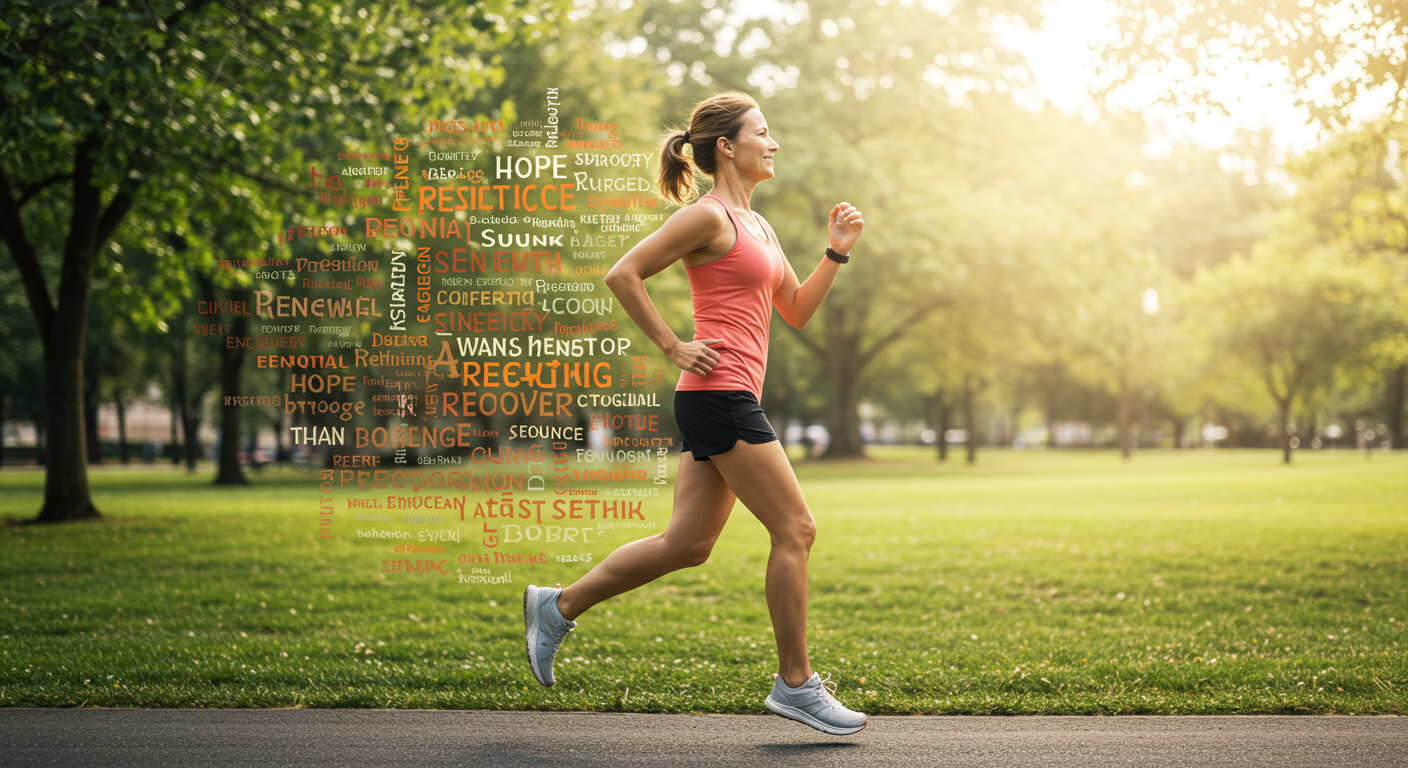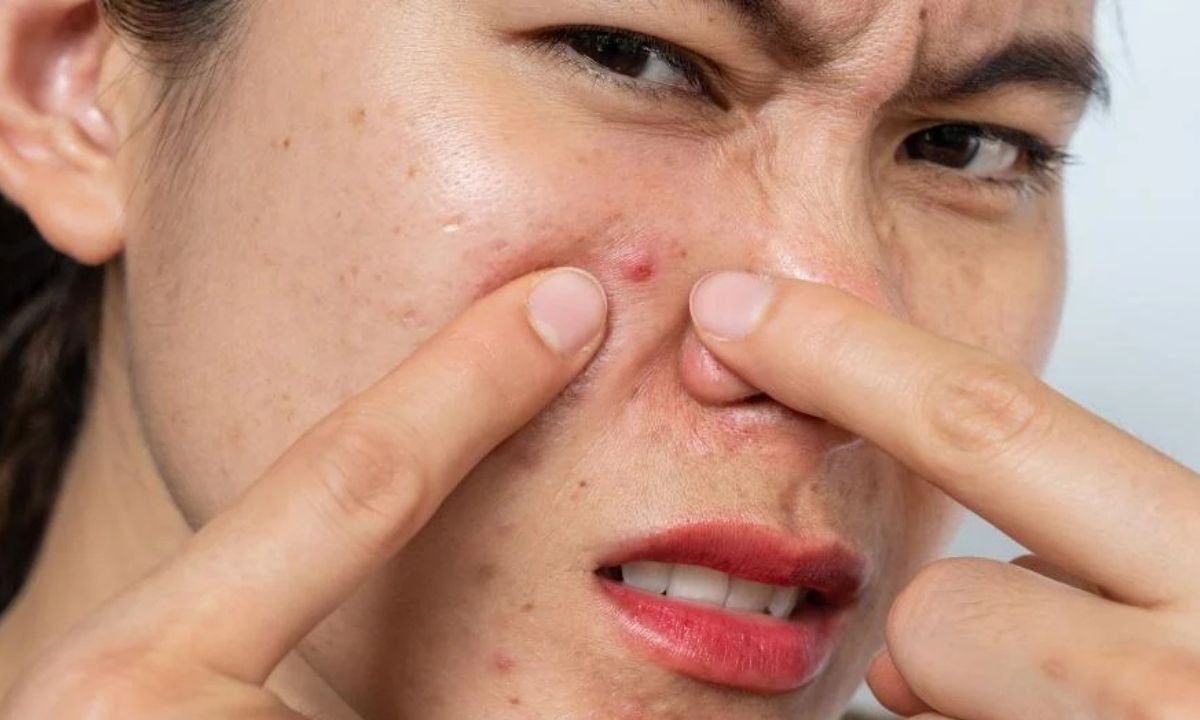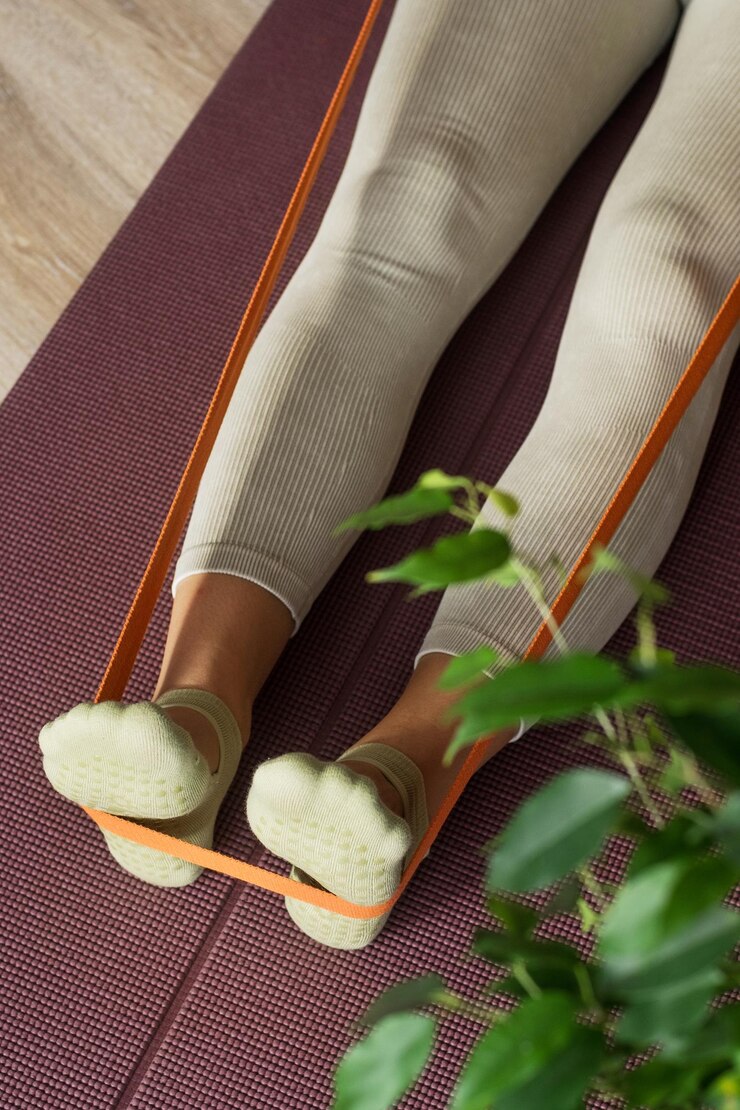When you think about addiction recovery or alcohol and drug detox, your mind probably goes straight to therapy sessions, support groups, or maybe time spent in treatment. And while all of those are incredibly important, there’s one tool that often flies under the radar: exercise.
At first, it might not seem like a priority—especially when you’re focused on staying sober, dealing with cravings, or just trying to get through the day. But movement, even in its simplest form, can make a huge difference in how someone feels physically, emotionally, and mentally during recovery.
It helps heal the brain.
Addiction takes a real toll on brain chemistry. Over time, substances mess with the way the brain processes dopamine and other “feel good” chemicals, making it harder to experience joy or motivation without using. The beautiful thing about exercise is that it helps reset that balance. Whether it’s going for a walk, swimming laps, or lifting weights, physical activity gives your brain a natural boost—and that can go a long way in early recovery.
It’s a healthy outlet for stress.
Recovery is emotional. There’s anxiety, guilt, frustration, and a lot of time spent sitting with feelings that used to get numbed out. Exercise is a powerful way to work through that tension. Something as simple as a jog around the block or a quick bodyweight workout can help release that pent-up energy and ease stress in a way that’s both productive and empowering.
It adds structure to your day.
When someone gets sober, suddenly there’s all this time—time that used to be filled with chasing or using substances. That extra space can feel overwhelming, especially early on. Committing to regular movement, even just a morning stretch or evening walk, helps build routine. It creates a small but steady sense of purpose—something to show up for.
It helps with sleep and energy.
Ask anyone in recovery, and they’ll probably tell you that sleep is one of the toughest parts of early sobriety. Whether it’s insomnia or just tossing and turning from anxiety, getting proper rest can be a real challenge. Exercise helps regulate those rhythms. It tires the body in a healthy way and makes it easier to wind down at night and feel more alert during the day.
It builds confidence.
There’s something about movement that reminds people what their bodies are capable of—especially after months or years of feeling disconnected. As strength, stamina, and energy come back, so does confidence. And that kind of momentum—where someone starts to feel proud of themselves again—is often what keeps the recovery process moving forward.
At Southeastern Recovery Center in Charlotte, NC, we’ve seen first-hand how powerful exercise can be when paired with clinical care and emotional support. It’s not about pushing people to run marathons or hit the gym for hours—it’s about helping them reconnect with themselves in a way that feels real, achievable, and healing. If you or a loved one, insurance fully covers our drug and alcohol rehab. Reach out to our team today
Movement is medicine. It’s not a silver bullet, but it’s a meaningful piece of the bigger picture. Whether it’s yoga, hiking, or a few minutes of fresh air, exercise gives people in recovery a way to move forward—one step at a time.















